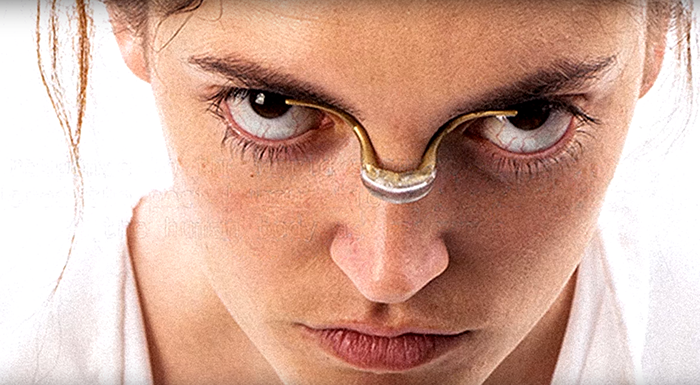The big question about biohacking is, what is it? When you hear the answer, you may not understand it. Biohacking is a practice that could make big changes in your life. It usually takes place in cheap establishments, and not in a fancy university lab. It is an experiment, which often involves DNA and genes.
Read more These Amazing Exoskeletons Are Changing the Lives of Many
Berkeley Biolabs is one example of a biohacking lab. Dozens of would-be biologists gather frequently to hack around in this Berkeley, CA site. Biohackers who go to these sites want to make their bodies and brains function better by “hacking” their biology.
Liviu Babitz isn’t happy with his 5 senses, so he created a new sense – the sense of direction. His chest vibrates every time he faces north. If some animals can already sense direction, why shouldn’t we?
An electronic implant on his chest called the “North Sense” tells him when he’s facing north. Liviu, 38, is the chief executive of his own company, Cyborgnest, which designed the implant, reports BBC.

Corina Ingram-Noehr is an American events organizer living in Berlin. The 33-year-old has a daily ritual, which involves technology, diet and more than 20 different vitamin supplements to try to keep in peak physical condition.
Read more Ford Unveils Exoskeleton Vests Worldwide to Help Lessen Worker Fatigue and Injury
She has a Power Plate, which vibrates from 30 to 50 times a second to make her exercise more effective. And while vibrating, she uses an infrared light in an attempt to build collagen in her skin.
Because of biohacking, Corina can walk the freezing cold streets of Berlin barefoot. “Biohacking for me is taking control of your own biology. It’s taking shortcuts to get to a place that you want to be – so shortcutting your health. That’s kind of how I think of it at least,” she told BBC’s Catrin Nye.









